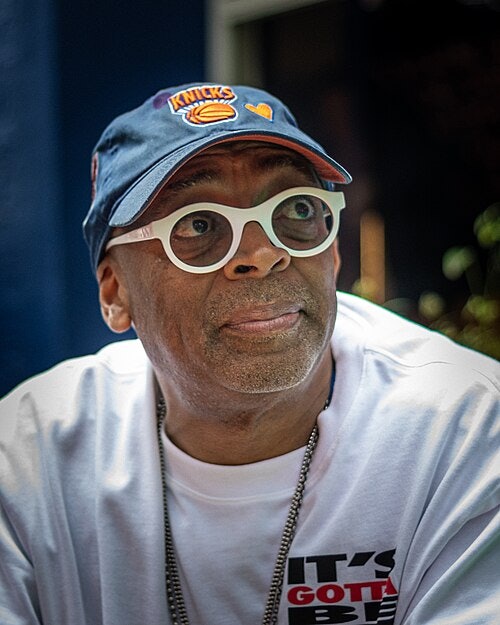Three students have been selected for this year’s cohort: Anwar Karim from Morehouse College, Denver Edmonds from Spelman College, and Miya Scaggs from Spelman College. The fellows were chosen based on grade point average, leadership experience, school involvement, creative work, and professional recommendations.
The eight-week paid fellowship places students in New York or Los Angeles, where they complete rotations across different agency departments while receiving senior-level industry mentoring and participating in curated learning experiences and volunteer service projects.
“The Spike Fellows Program continues to provide an invaluable experience and mentorship for our students who desire impact in the entertainment industry, both in front and behind the camera,” said Dr. Michael Hodge, Executive Director of the AUCC. “Each year, we see a new set of students immersed in the industry, becoming working professionals and aspiring entertainment leaders.”
The program has achieved a 100 percent employment rate for participants, with alumni securing positions at major entertainment companies including Gersh, Netflix, Warner Brothers, and Range Media. One former fellow was inspired to pursue graduate studies at the University of Southern California’s film program.
Beyond professional placement, the program provides comprehensive support for participants. A multi-year partnership with Ralph Lauren furnishes business attire for fellows, while networking opportunities include events like the inaugural Young Black Hollywood Mixer, which earned recognition from Deadline as one of the Best Red Carpet and Party Photos of 2024.
The initiative targets undergraduate students from Clark Atlanta University, Morehouse College, and Spelman College who demonstrate interest in entertainment industry careers. The program aims to address equity gaps in entertainment by creating direct pathways for talented HBCU students to access industry opportunities.
The Atlanta University Center Consortium, established in 1929, operates as a 501(c)(3) non-profit representing Clark Atlanta University, Morehouse College, Morehouse School of Medicine, and Spelman College. The organization describes itself as “the world’s oldest and largest association of historically Black colleges and universities.”
The fellowship represents part of broader industry efforts to increase diversity in entertainment, particularly in behind-the-camera roles where representation has historically lagged. By partnering with established industry figures like Lee and agencies like Gersh, the program provides students with direct access to decision-makers and career-building opportunities typically difficult to access for underrepresented groups.


